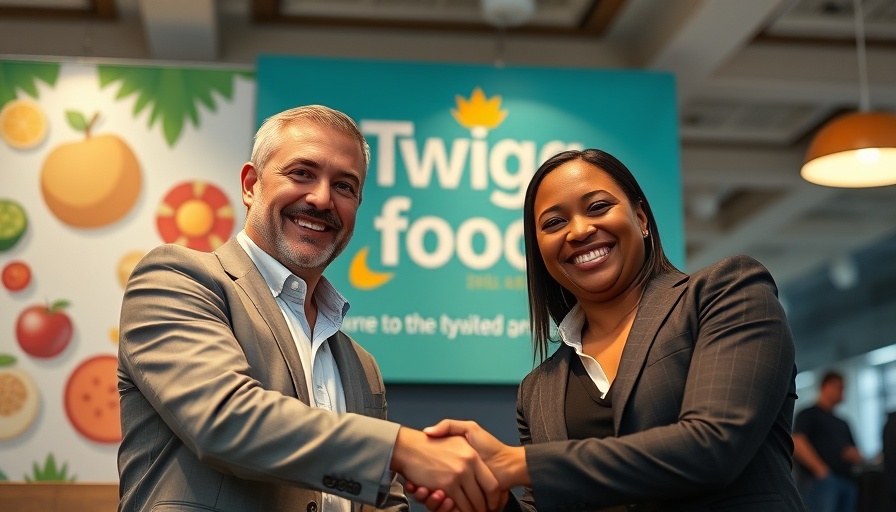
Twiga Foods Pauses Operations: What This Means for Africa's Tech Landscape
In a surprising turn of events, Twiga Foods, a prominent player in the African tech industry, has hit the pause button on its operations. This decision raises questions about the sustainability of tech ventures in the continent. As a tech entrepreneur or investor, understanding this shift is essential as it reflects broader trends affecting African startups.
The Current State of African Startups
African startups have been on the rise, driven by innovations in fintech and digital transformation across various sectors. However, Twiga Foods’ decision reminds us that the road to success is fraught with challenges. The implications of this pause may resonate beyond the company itself, highlighting concerns over funding, market stability, and operational scalability in startups.
The Impact of Digital Transformation in Africa
Digital transformation initiatives across Africa are increasingly vital to pump new life into economies. As tech startups like Twiga pioneer changes in food distribution and supply chain management, they play a pivotal role in the ecosystem. However, interruptions in their operations can serve as a reminder of the volatility that can come with rapid digital advancement.
Looking Ahead: Future Predictions for African Tech
The future of work in Africa heavily depends on the resilience of its tech startups. Although Twiga's pause may momentarily dampen optimism, it also presents an opportunity for other emerging players in the sector to step in. The ongoing development in AI, blockchain, and fintech will likely give rise to new models and solutions, hinting that disruption could lead to more innovative and sustainable practices in the long run.
Conclusion: Keeping an Eye on Tech Trends
The situation with Twiga Foods serves as a critical instance for tech enthusiasts and investors alike. While the pause reflects immediate challenges, it’s equally essential to keep an eye on emerging trends and technologies. For the future of African tech, adaptability and robust support for startups will be crucial. Let’s stay informed and connected as the landscape evolves!
 Add Row
Add Row  Add
Add 


Write A Comment